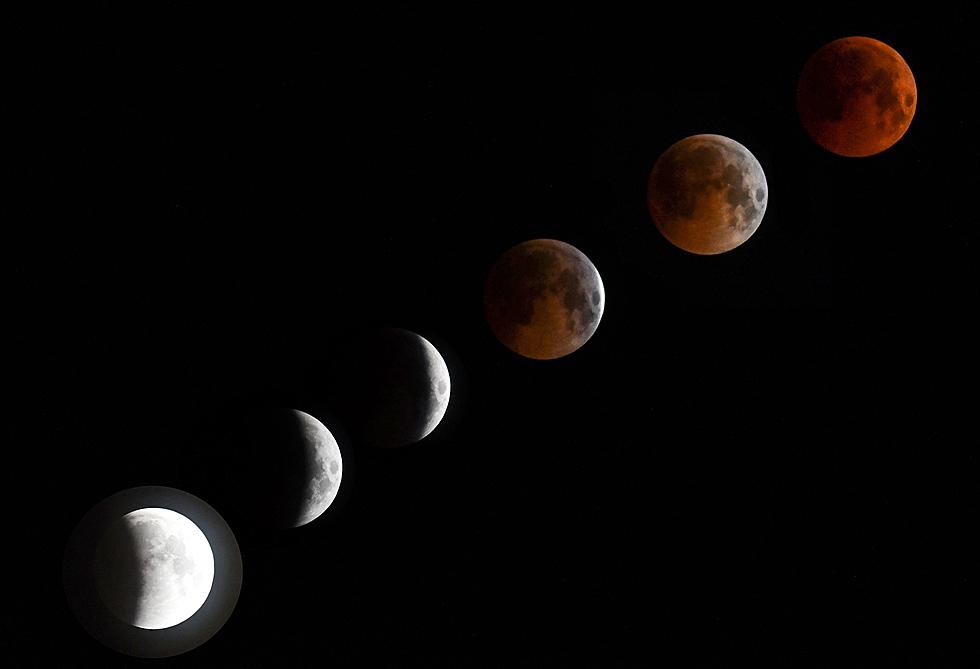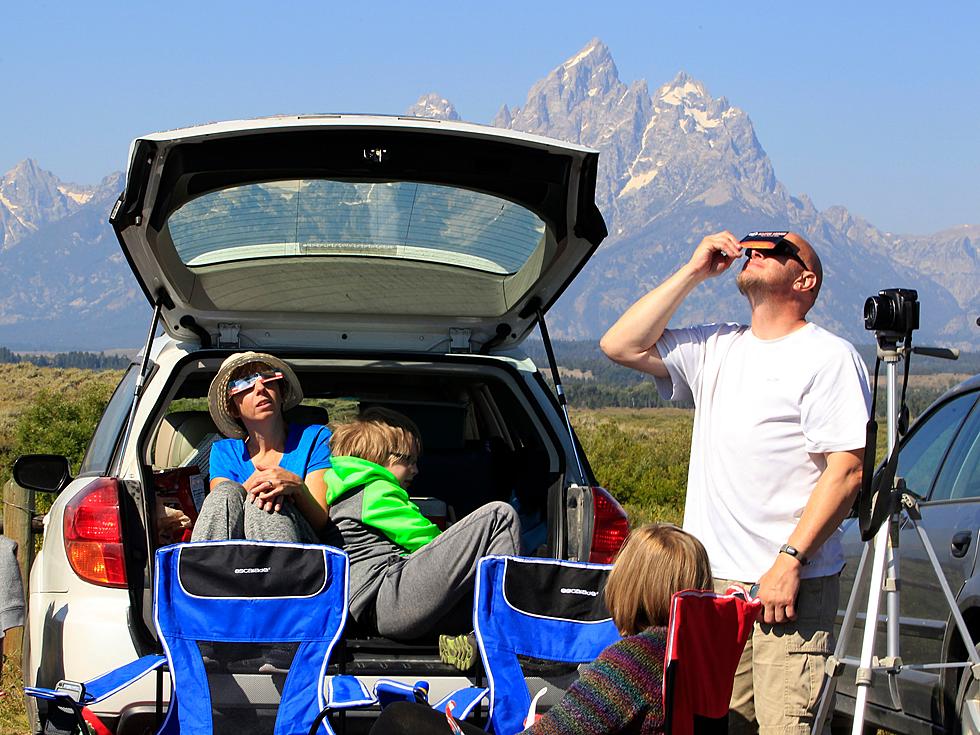
Weird Things To Look For During The Eclipse
On August 21st, everyone on the North American continent will be able to see at least part of the total solar eclipse. Here in Wyoming, we get front row seats with the path of totality crossing our state. Several strange things may happen.
“Wildlife experts say birds return to roost and fall silent. Cicadas may stop singing and crickets may sing their night songs. A Victorian-era scientist noted during an eclipse that ants that were "busily carrying their burdens, stopped and remained motionless till the light reappeared." - Wyff4
Disoriented animals can become bewildered. nocturnal animals may revive and bats may take wing. Dr. Doug Duncan, an astronomer with the university of Colorado in Denver says he saw strange behavior in llamas during one of his 10 eclipse observations. In Bolivia, “A woman starting shouting, ‘Look down! Look down!’ “I can still hear her voice. So, we look down and … llamas. Llamas all over the place.” In the Galápagos Islands, he says a similar phenomenon occurred with a bunch of whales and dolphins.
The American Academy of Arts & Sciences published an article saying
“captive squirrels became agitated, butterflies disappeared, turtles hid, chickens huddled together and cows were “unconcerned."”
The Sun is 400 times larger than the moon, but because it is also 400 times farther away, the moon will appear to be the same size as the sun. A minute or more before and after the total eclipse, the colors around you may appear saturated and contrast boosted.
“Shadows cast through leafy trees, sometimes called anti-shadows, will appear to be hundreds of tiny crescent-shaped shadows because the gaps between leaves act like pinhole cameras.”
In 1834, it was reported that the temperature dropped 28 degrees in South Carolina. In 2015, the Norwegian island of Svalbard reported a drop from 8 degrees to minus 7 degrees.
Our weather expert, Don Day says a 5 or 6 degree drop is more likely.
Is there more strangeness coming?
More From 101.9 KING-FM









